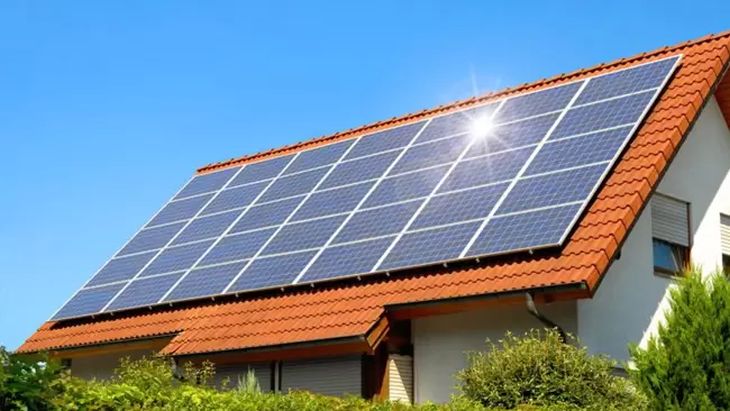ContiTech recently installed a new photovoltaic panel system in Timișoara, while other units within the group are also to install rooftop solar parks.
Also, at the level of the activity sector, three production centers were chosen to identify, as part of a global pilot project, the best approach for carbon-neutral production.
“Each of our facilities faces its own specific challenges in achieving green production by 2040 at the latest. Through the pilot projects, we offer our locations a comprehensive model on how to systematically implement the environmental management method within the production area of their location,” said Claus-Peter Spille, Senior Vice President Operations at ContiTech, according to Transilvania Business.
“Sustainability is both a huge opportunity and a decisive factor for innovation. As the first choice for materials-based solutions in various industries, we are dedicated to directly addressing the challenges facing our world. Our recent steps towards green manufacturing operations, taken together with our partners along the value chain, demonstrate that reducing the impact of climate change is our strong commitment to this, a task we are strongly committed to,” added Philip Nelles, member of Continental’s Executive Board for ContiTech.
The recently installed photovoltaic panel system in Timișoara is expected to produce approximately 930 MWh of emission-free electricity annually. After Timișoara, where the company produces cables for car thermal systems and transmission belts, the units in Subotica (Serbia), Szeged (Hungary), Wagrowiec (Poland), Weissbach (Germany), Changzhou (China), Kalyani (India) and Chihuahua (Mexico) have approval for their own solar panel projects and will be installing those systems in the coming months. With these installations, ContiTech expects an annual generation of 5,900 MWh of electricity, which represents the electricity consumption of 2,950 households in Germany.
Continental has set clear targets for environmental management in the production area. By 2030, the company wants to reduce its energy consumption by 20%, also increase the recovery rate to 95% and reduce waste generation by 2% every year. In addition, Continental aims to reduce water withdrawal by 4% in high water risk areas and 2% in moderate water risk areas, all relative to sales.
